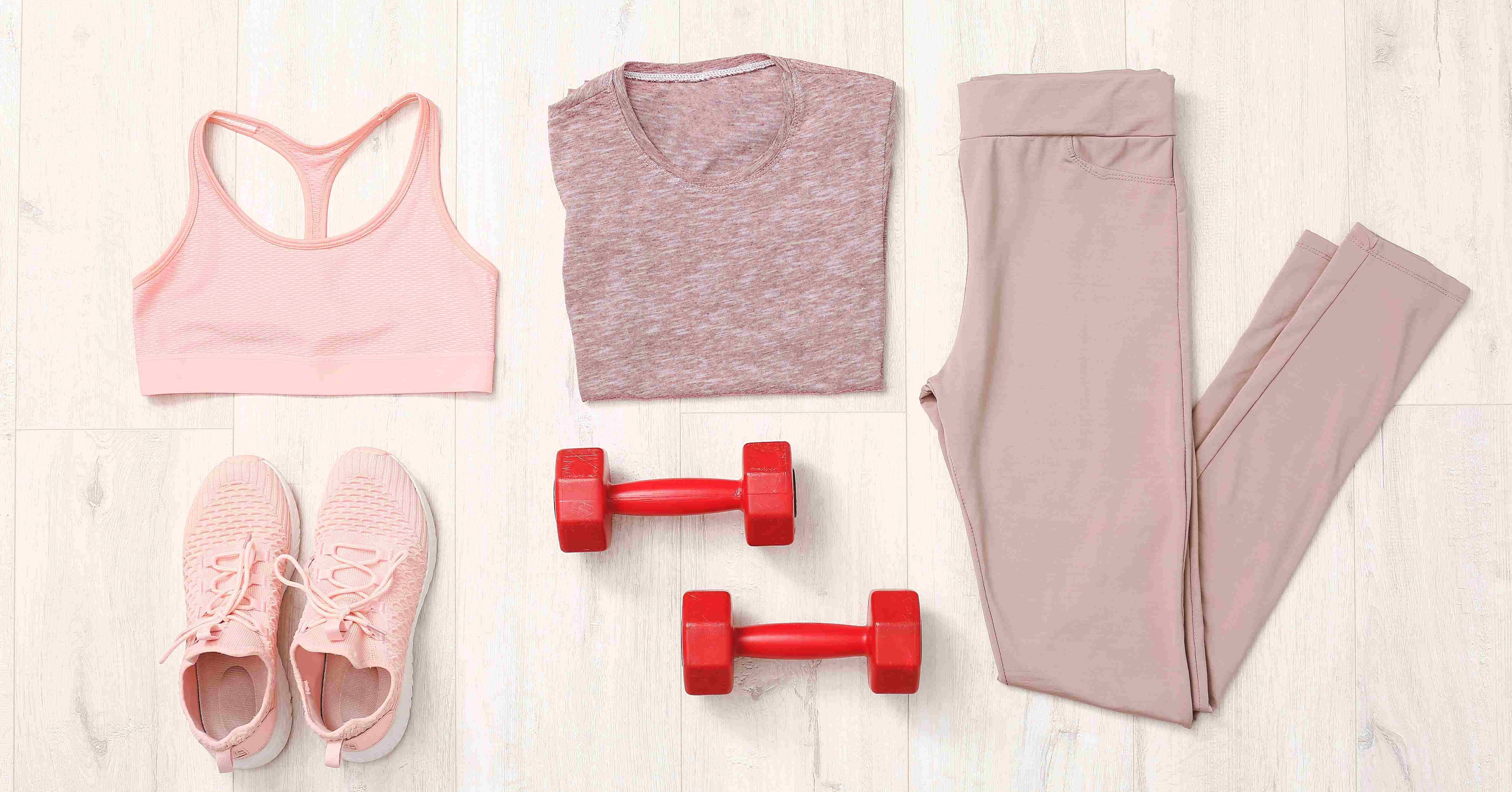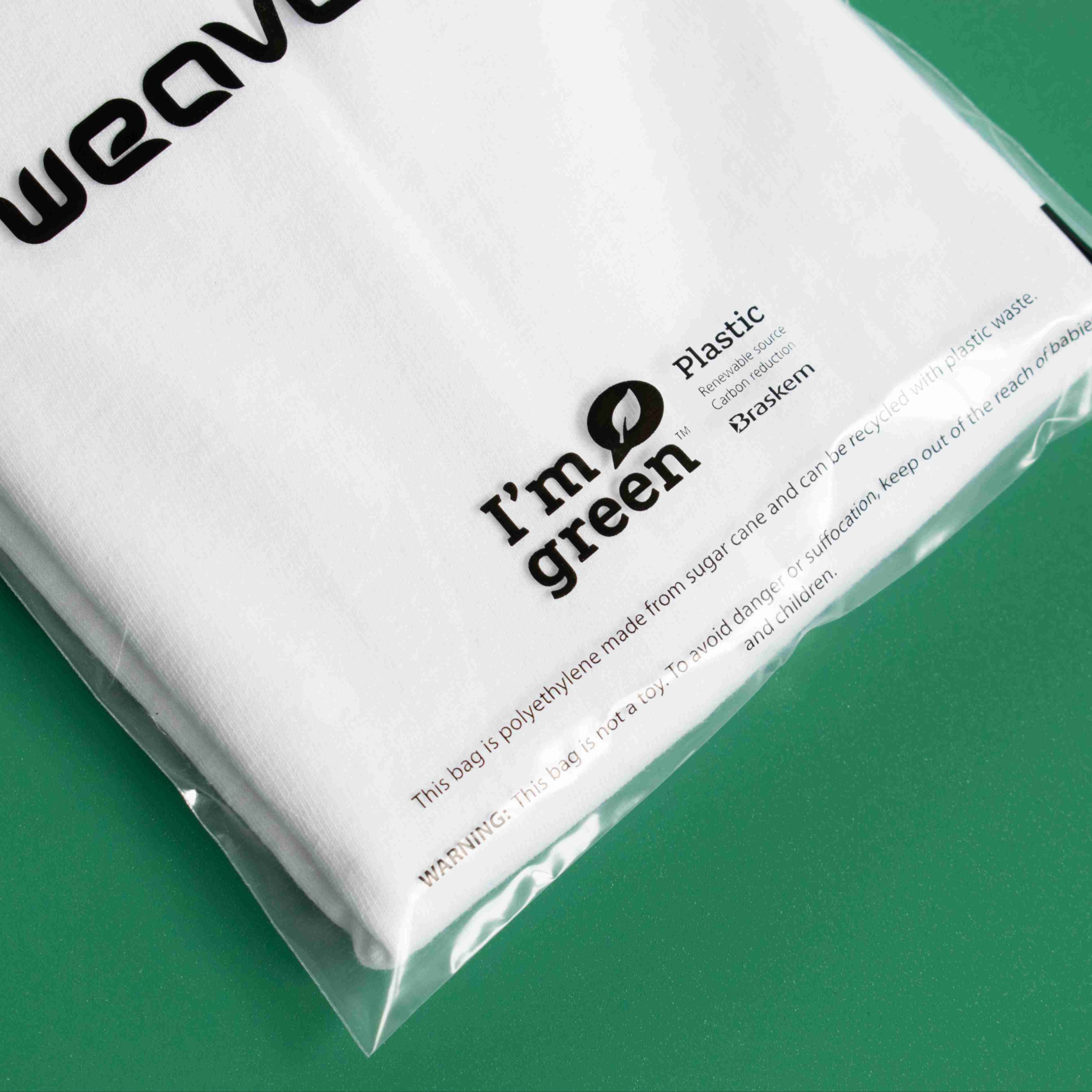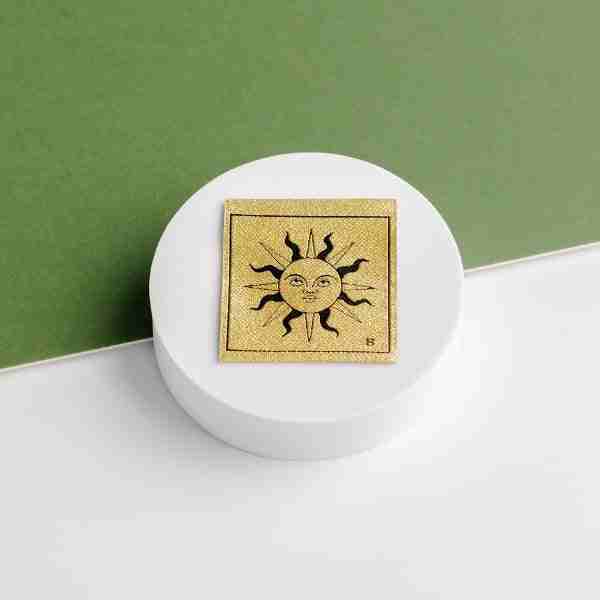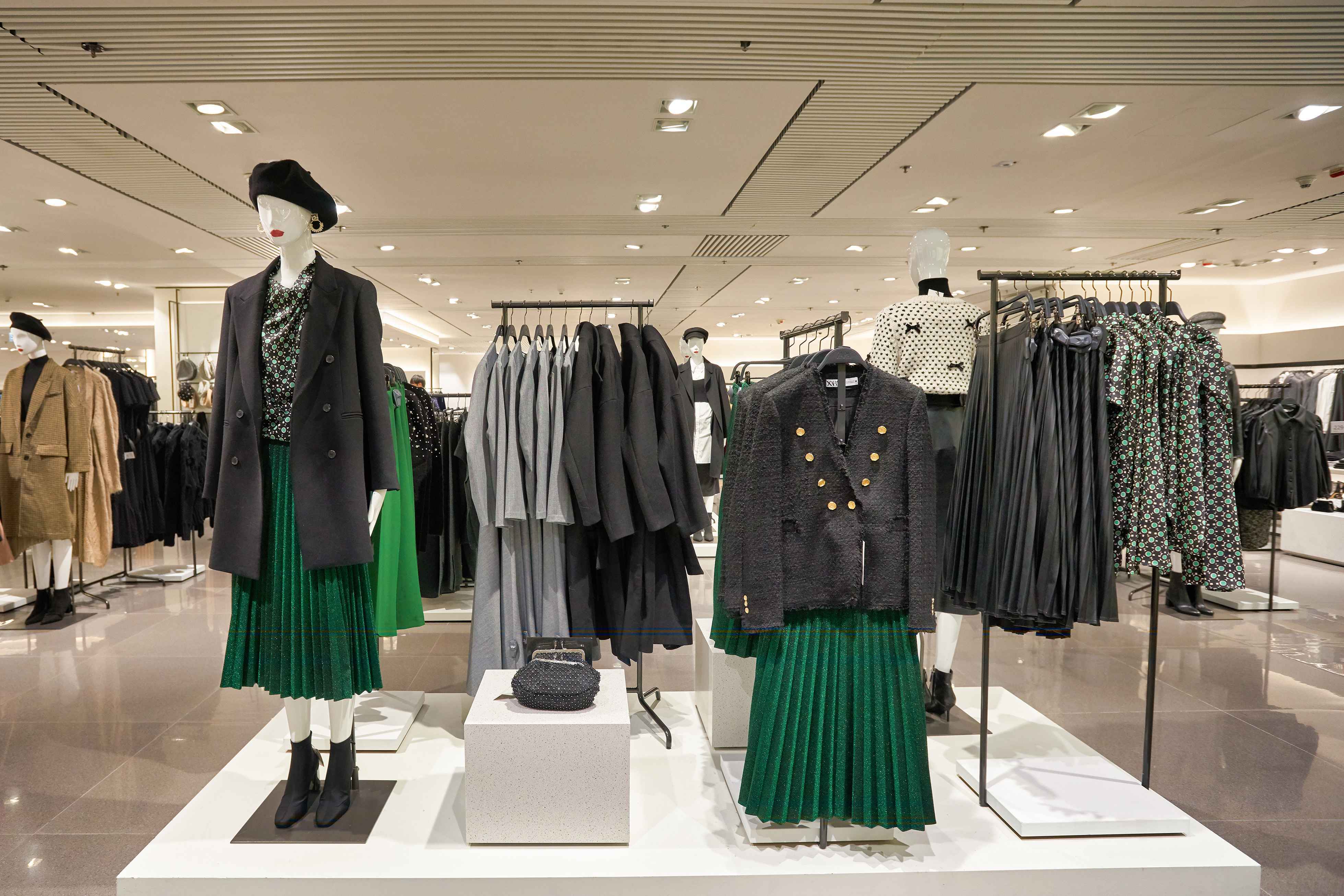Is Adanola sustainable?
Even though it's one of the fastest growing athleisure brands in the UK, is Adanola sustainable? We look at the brand's eco-credentials in this blog.

Instagram-born brand Adanola has become one of the most iconic sportswear brands. Famous for its versatile range that can be worn to the gym or brunch, it’s the go-to athleisure brand for the fashion-forward active crowd.
However, as is the question for many popular brands, is Adanola sustainable? In this blog, we look at the brand’s products and practices.
The brand
Adanola is an iconic athleisure brand that has minimalism and sustainability at its core. The brand goes beyond the usual sportswear remit and even stretches into the lifestyle category, creating garments and accessories people wear daily, not just to the gym.
“We’re on a mission to create quality activewear and wardrobe essentials accessible to everybody.”
Adanola is known and loved by millennials and Gen Z, becoming a go-to staple for off-duty, laidback looks. Its exponential growth proves this, with turnover expanding 338% in recent years.
Sustainability commitments
So, how does Adanola’s sustainability credentials stack up? We’d say — pretty strongly.
The brand operates using small production lines, meaning you've missed your chance once the products are sold out. Not only does this enhance the brand's exclusivity, but it also means there aren’t excess waste garments that could end up in landfills if not sold.
Instead, the brand offers a waitlist service where customers can register their interest in a sold-out product. Adanola can then determine whether there's enough demand to warrant extra production and, if so, how many customers are interested. This supply and demand balance further reduces the chance of overproduction and, therefore, waste.
On top of that, Adanola is committed to offsetting its operational carbon footprint, further reducing the emissions often associated with fashion companies.
The product
Adanola is well known for its base range of styles, which are available in a variety of colours. These create wardrobe staples and matching sets.
They’re timeless, high-quality pieces that last, meaning customers often only have to buy once.
In terms of materials, it invests heavily in eco-friendly options. Sportswear such as leggings and gym tops feature recycled polyamide, whilst its famous t-shirts are made using 100% Better Cotton Initiative (BCI) cotton. The BCI is the largest cotton sustainability programme in the world, promoting better cotton farming and production practices. Organic cotton is also commonplace in Adanola’s line-up.
The packaging
But the product is only one part of the picture — what about the packaging? Well, that’s sustainable, too.
Their e-commerce packaging is either 100% recycled, such as their poly bags or made from eco-friendly materials, such as their Kraft mailing bags.
Instead of care labels, all information is printed using sustainable heat transfers, further reducing the use of materials.
So, is Adanola sustainable?
Although the brand is arguably in the fast fashion industry due to its accessible price point and popularity, we'd say Adanola is sustainable.
It’s invested heavily in eco-friendly materials backed up with accreditations, and it focuses on extras such as recycled packaging, carbon offsetting and mindful production.
Want to learn more about sustainable sportswear brands?
There’s more where that came from. Head over to our sportswear hub to explore more sustainable brands and products so that you can get inspired for your next project.









